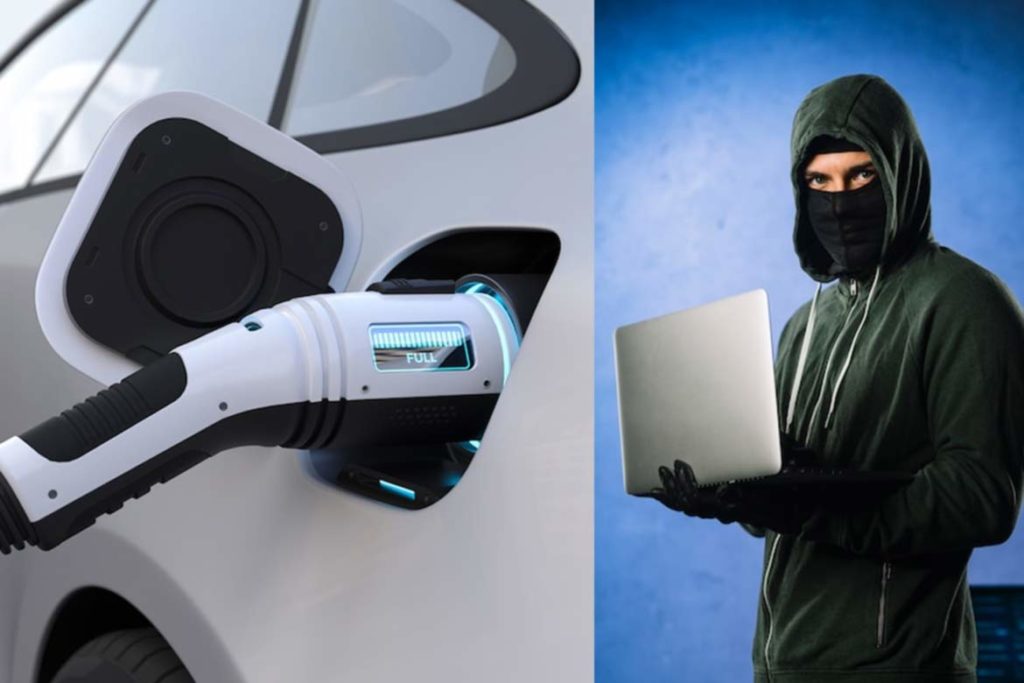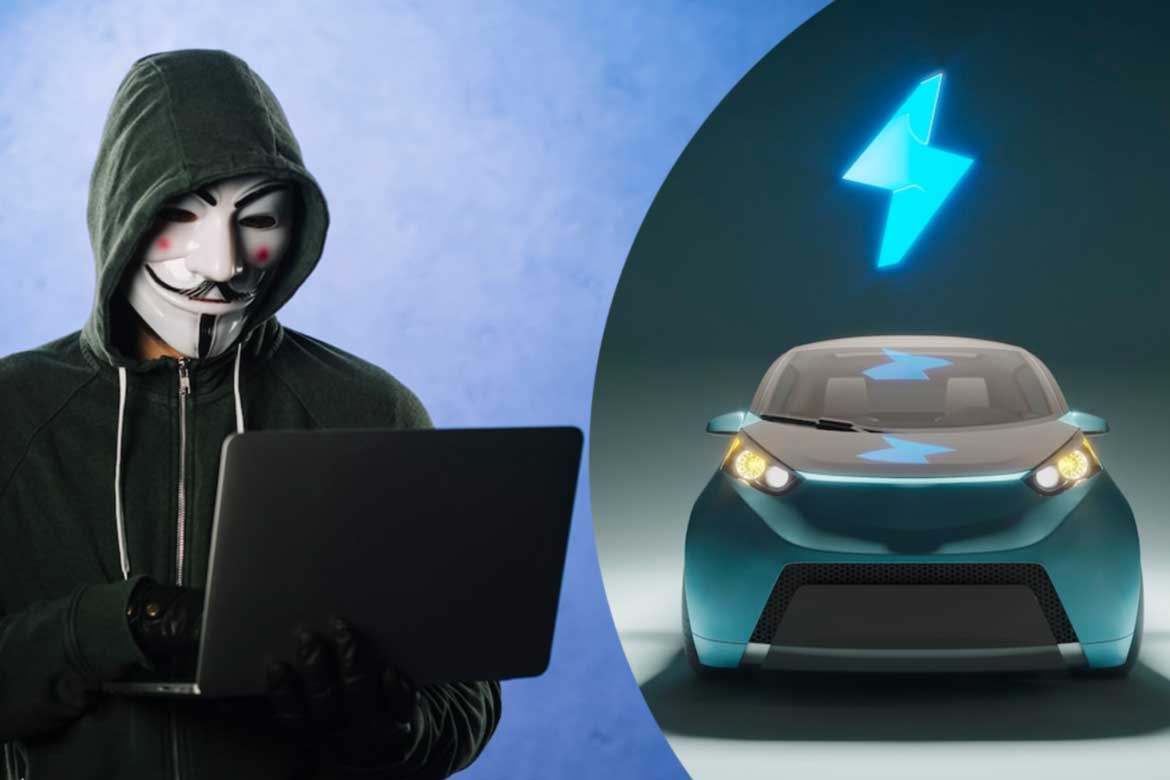Hacking is one of the most dangerous next generation weapons for war. The complete digitization of industries, from agriculture to the digital technology revolution, benefits society, but it comes at the expense of cyber threat. To expand their influence, hackers have now started targeting the emerging auto industry, i.e. electric vehicles and charging stations.
Charging stations are the backbone of the electric vehicle industry, as range anxiety translates into many reasons not to switch to electric mobility. This is why even a small drag on users switching to electric mobility will result in a delay in reducing carbon emissions. At the same time, Global warming is a threat that is approaching us faster and will show no mercy to bring us down. Therefore, it is imperative to adopt cleaner transport. This article will discuss about the looming hacking threat on electric vehicles ecosystem understand how dangerous it is and how it can be avoided.
Is it possible to hack an EV?
You won’t believe, but the first electric car hack was intentionally done by the manufacturers themselves. In fact, hacking electric cars is always one of the test parameters of electric car manufacturers. Such a hack is a white hat hack and the person who does it is known as a white hat hacker, and these hackers are a very important part of any electric vehicle company when it comes to evaluation of security systems.
Especially, self-driving electric cars like Tesla or Xiaomi’s upcoming electric car, hacking is one of the most important problems these automated EV will face, as a black hat hacker would easily take control of a self-driving car. Plug it in and it would be hell to ride on 4 wheels.
Going back to the history of EV hacking, in 2021, the hack of black hat EV charging stations came to mass attention. Many electric vehicle charging station operators in the UK are reporting that hackers are demanding money to regain control of their own charging stations.
What if hackers take control of a charging station?

Read more: 6 points to keep in mind before planning a long road trip in an Electric vehicle
Imagine enjoying a quiet ride to a great spot in your electric fleet and driving without worrying about range because you know you have an EV charging slot available. Your electric car battery is dead and when you plug it in your electric car is not charging. All features are fully functional, but you can’t charge your EV and have no choice but to wait for the staff to service it or worse, the charging station owner refuses to act, that’s horrible or not?
In some cases, after leaving their electric vehicles to charge, hackers break into the control of the charging station, and since the charging station is actively communicating with the car, they can disrupt the vehicle by hijacking the charging station. However, no such case has been reported yet, but there is a very high chance as it is not impossible.
If such cases of EV hacking increase in the future, it will cause a huge setback for the entire EV industry. The electric vehicle industry is relatively new and has faced many challenges, and for now, even a little resistance for electric vehicle buyers will cast doubt on their electric vehicle choice.
The intentions of the EV black hat hacker:
At this point, you have to assume that the hackers are doing this just for some money, yes, but that’s not entirely true, the real purpose might be more horrible than that. Let’s start by determining the demographics of people breaking into your tram. According to the report, most of the attacks come from foreign countries and especially communist countries like China, Russia, etc. And along with money, their main interest in hacking is data theft and public propaganda, for example in Russia during the war between Ukraine and Russia, many toll stations were hacked and displayed pro-Ukrainian slogans against the war and spread dark side of Russia.
What it looks like today?

Currently, given the very low global penetration of electric vehicles, hacking charging stations is neither too profitable nor too efficient to have a definite impact. That’s why you will hardly find any effective damage caused by hacking charging stations, just some of the errors here like, showing pornography, pranking, disabling ports charging, etc. but nothing solid.
But this is a very serious problem that is emerging, if we really want to improve the penetration of electric vehicles, then securing the ecosystem of electric vehicles must be one of our main interests.
How can this be prevented?
There’s really not much that a normal EV user can do, but at the production level, charging station manufacturers and EV manufacturers should improve the safety of the end products they make.
Takeaway
Currently, EV hacking is not really a big deal to worry about, but in the future, as EV penetration increases globally, hacking can cause unimaginable damage in social level. However, India has not yet witnessed a single case of electric vehicle hacking, but Western countries like the UK have reported such problem. We must be determined to improve the cybersecurity of our EV ecosystem, or the future will be bleak for electric vehicles.

